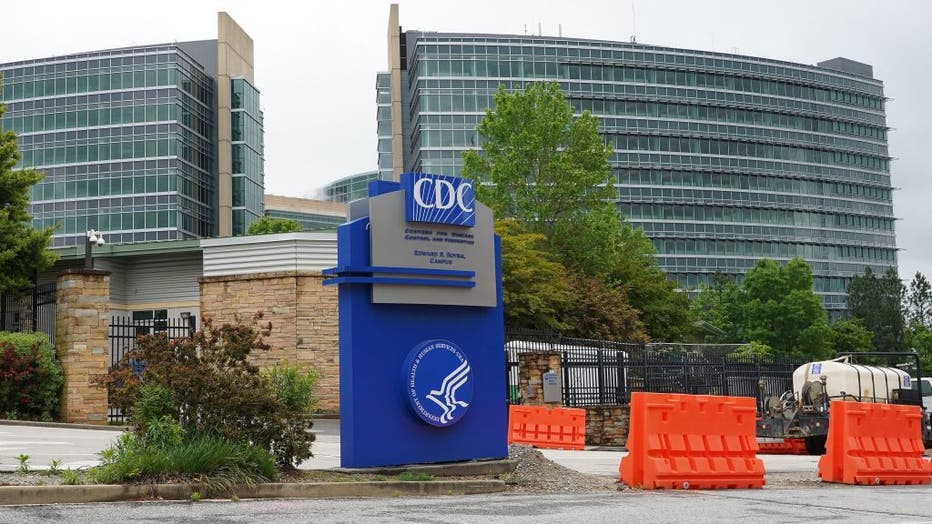CDC shortens coronavirus exposure quarantine period
The Centers for Disease Control and Prevention (CDC) on Wednesday announced shorter coronavirus-related quarantine periods ahead of anticipated holiday travel.
The CDC announced two acceptable quarantine periods, though noted that the previously-established 14 days of quarantine is the best way to reduce risk of virus spread. Officials said quarantine can now end after 10 days without a COVID-19 test, if the person reports no symptoms, or after seven days with a negative test result if the person reports no symptoms.
RELATED: 'We’re going to see a climbing death toll': Morgues, hospitals overflow amid coronavirus surge
The agency advised people should still watch for symptoms for COVID-19 14 days after exposure. The announcement arises from analysis of new research and modeling data. The shorter length of quarantine is hoped to reduce economic hardship and lessen the stress on the public health system amid a rising number of infections.
CDC Director Dr. Robert Redfield elaborated on the new changes in a separate conversation on Wednesday with the U.S. Chamber of Commerce Foundation.
“And that guidance is, again, based on data that we gathered and modeling of that data that if you isolate for 10 days that the probability that you will start replicating the virus after that is about one percent,” Redfield said.

A general view of the Centers for Disease Control headquarters in Atlanta, Georgia on April 23, 2020. - The worldwide death toll from the novel coronavirus pandemic rose to 186,462 on April 23, according to a tally from official sources compiled by A
Dr. Henry Walke, incident manager for CDC’s COVID-19 response, advised Americans to postpone travel with the upcoming winter holiday.
"If you do decide to travel, the CDC recommends that travelers consider getting tested one to three days before travel, and again three to five days after travel," Walke said on a call. "This should be done in combination with reducing non-essential activities for seven days after travel."
If travelers do not get tested, the agency advises reducing non-essential activities for ten days.
"Testing does not eliminate all risk, so when combined with reducing nonessential activities, symptom screening and continuing with precautions like wearing a mask, social distancing and hand washing, it can make travel safer," Walke continued.
The CDC plans to update its webpage with the new guidance on Wednesday.
The announcement follows news from just a day prior, when Fox News obtained exclusive documents on the expected release of guidance.
Fox News obtained an internal CDC document on Tuesday which outlined the proposed changes. A source told Fox News that the changes have been discussed with and approved by the White House Coronavirus Task Force.
Fox News' Brooke Singman contributed to this report. Get updates on this story from foxnews.com.


